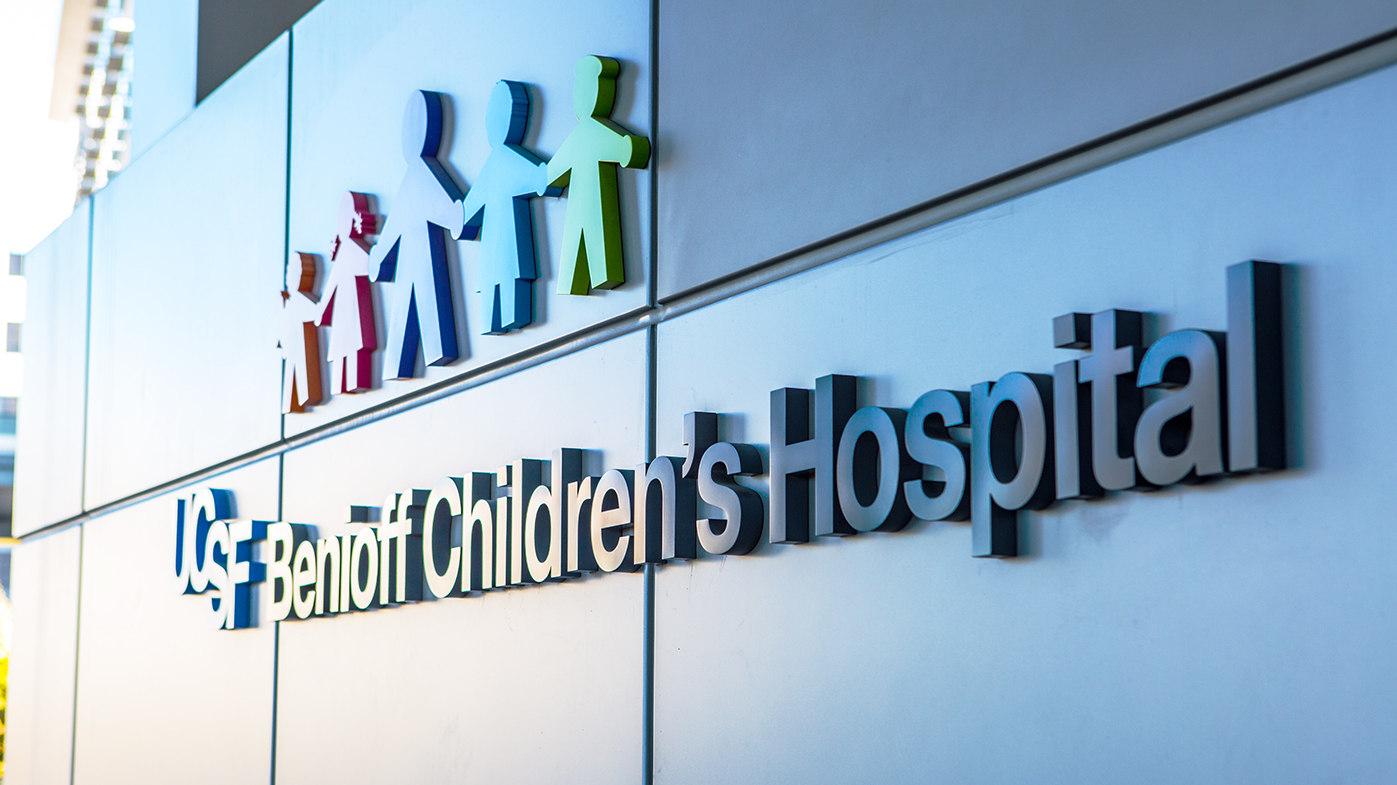UCSF Recognized for Patient Safety as Part of the I-PASS Study Group
2016 John M. Eisenberg Award Honors Contributions to Improving Patient Safety

UC San Francisco is part of a patient safety research group that received the prestigious 2016 John M. Eisenberg Award for Innovation in Patient Safety and Quality. The award is presented annually by The Joint Commission and the National Quality Forum, two leading organizations that set standards in patient care.
UCSF is part of the I-PASS Study Group, which represents more than 50 hospitals from across North America dedicated to improving patient safety by standardizing provider communication during patient handoffs to reduce miscommunication that can lead to harmful medical errors.
Handoffs in hospitals occur when the responsibility for care of patients changes between medical providers, including admission to the hospital, at shift changes, before and after procedures, upon unit changes, and at discharge. Despite the best of intentions by medical providers, medical errors are common and 80 percent of the most serious medical errors can be linked to communication failures, particularly during patient handoffs.
Developed Standardized Method for Handoffs
In 2012, UCSF Benioff Children’s Hospital San Francisco joined the I-PASS Study Group, a group of education and patient safety experts from nine pediatric hospitals across North America. They worked together to develop the I-PASS Handoff Method and used it teach pediatrics residents a standardized method to handoff patients at change of shift.
“Putting the I-PASS curriculum into place was a collaboration between health service researchers, medical educators and clinicians,” said Glenn Rosenbluth, MD, the I-PASS site director at UCSF and director of Quality and Safety Programs for the UCSF School of Medicine’s Graduate Medical Education team.
With implementation of I-PASS at multiple centers nationwide, there was a 30 percent reduction in medical errors that harm patients, according to the group’s November 2014 study published in the New England Journal of Medicine.
Disseminating Across Other Medical Specialties
Since that study, investigators at UCSF have been helping the I-PASS Study Group disseminate and adapt the I-PASS method to over 50 hospitals and across many medical specialties and nursing. The I-PASS method is now a standard part of care at UCSF Benioff Children’s Hospital San Francisco, which is part of the UCSF Health system, and is taught to all pediatrics residents.
“Teaching proper handoff communication skills to our pediatrics residents has now been shown to improve patient safety in our medical center,” Rosenbluth said.
A wider implementation of the system could save the health care system in the U.S. money and benefit more patients, according to Daniel West, MD, Vice Chair for Education and Residency Director in the Department of Pediatrics. West serves on the I-PASS Study Group’s executive council.
“Because handoffs and transitions of care are so common in health care, if I-PASS were broadly implemented across U.S. hospitals, it could save thousands of lives each year and billions of dollars to the U.S. health care system,” West said. “This is an innovative approach that provides a practical solution to an important problem that could make a difference for every patient, children and adults, who is admitted to U.S. hospitals.”